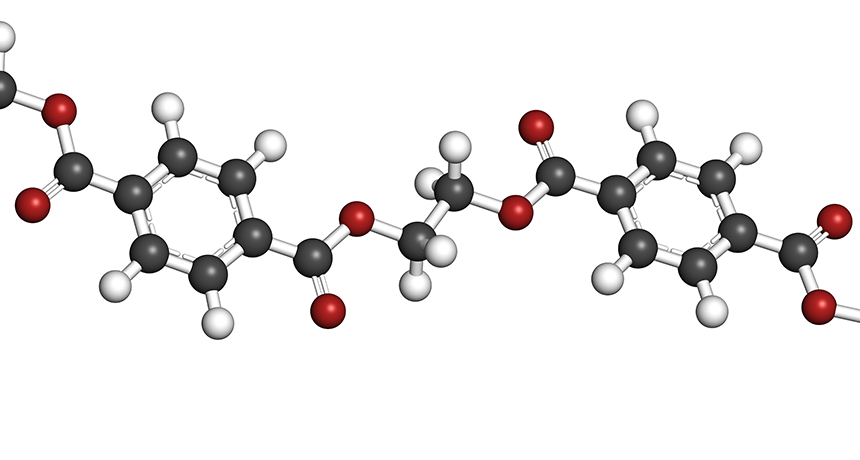Newest Advancements in Polymers: Cutting-Edge Innovation
Newest Advancements in Polymers: Cutting-Edge Innovation
Blog Article
Discovering the Varied Applications and Advantages of Polymers in Different Industries
Polymers, with their diverse array of buildings and capabilities, have become crucial in different industries, each gaining special benefits from their application. From boosting safety and efficiency in the vehicle sector to reinventing clinical devices in the medical care market, polymers play a critical duty.
Automotive Industry Applications
Polymers play a pivotal role in improving the efficiency and longevity of various elements within the automotive sector. One famous usage of polymers in the auto sector is in the manufacturing of lightweight components.

Health Care Market Benefits
In different health care applications, the advantages of making use of polymers are widely recognized for their diverse series of advantageous buildings. Polymers play an essential function in the health care market because of their flexibility, biocompatibility, and cost-effectiveness. One of the key benefits of polymers in health care is their capability to be tailored to particular demands, such as adaptability, sturdiness, and biodegradability, making them suitable for a wide variety of medical applications.
Polymer-based materials are thoroughly used in medical devices, such as catheters, implants, prosthetics, and drug distribution systems, as a result of their biocompatibility and capability to imitate natural cells. These products can decrease the risk of allergies or beings rejected, improving patient safety and end results. Furthermore, polymers are lightweight, making them ideal for wearable medical devices and making sure client comfort.
Moreover, polymers make it possible for the advancement of innovative treatment approaches, such as hydrogels for tissue design and nanocomposites for targeted drug distribution. Their convenience of handling and sanitation makes them necessary for keeping high standards of health in healthcare setups. On the whole, the diverse benefits of polymers add considerably to developments in clinical technology and individual treatment.
Environmental Benefits of Polymers

Additionally, polymers can add to power savings due to their lightweight nature. In sectors such as transport, lightweight polymer materials can help lower fuel usage and greenhouse gas discharges. Furthermore, polymers can allow the advancement of energy-efficient products such as insulation materials that boost power preservation in structures.
In addition, polymers play an important duty in reducing water pollution. For instance, the use of polymer-based filtration systems can properly get rid of pollutants and impurities from wastewater, safeguarding water resources and ecological communities. Overall, the environmental advantages of polymers make them beneficial click to read assets in advertising sustainability and green practices throughout various sectors.
Polymers in Electronic Devices and Modern Technology
Thinking about the increasing need for he said innovative and lasting services in contemporary industries, the assimilation of innovative polymer technologies in the realm of electronic devices and innovation has actually arised as a critical method for driving performance and performance. Polymers have reinvented the electronic devices market by enabling the manufacturing of lighter, much more flexible, and long lasting electronic devices. From smartphones to clinical devices, polymers play an important function in enhancing product design and capability.
One substantial advantage of polymers in electronic devices is their shielding buildings, which assist secure delicate electronic elements from environmental variables and electrical interference. In addition, polymers are necessary in the growth of flexible displays, wearable innovation, and published electronic devices, using unlimited opportunities for producing clever and interconnected tools.
Moreover, the usage of polymers in digital product packaging has brought about advancements in miniaturization and thermal monitoring, enhancing the total efficiency and dependability of digital systems. As modern technology remains to evolve, the flexibility and versatility of polymers will certainly drive additionally technology in the electronic devices sector, shaping the future of technology.
Function of Polymers in Building and Infrastructure
The assimilation of advanced polymer products in construction and framework jobs has transformed the means structures are developed and integrated in contemporary times. Polymers provide countless advantages in the building industry because of their adaptability, toughness, and cost-effectiveness. One essential duty of polymers in construction is their usage in coatings and sealants, supplying protection versus environmental elements such as moisture, UV radiation, and rust. Additionally, polymers are made use of in the manufacturing of light-weight and high-strength composite materials, boosting the structural honesty of structures while reducing overall weight.
Additionally, polymers play a critical function in sustainable building practices by making it possible for the development of energy-efficient structures. Protecting products made from polymers assist manage indoor temperatures, decreasing the need for home heating and cooling systems and eventually reducing power consumption - Polymers.
Final Thought
To conclude, polymers visit the website play a crucial function in different sectors such as auto, medical care, ecological, electronic devices, and building. Their flexible homes make them valuable in developing innovative options and items. From enhancing fuel effectiveness in vehicles to boosting medical devices, polymers use countless benefits. Furthermore, their impact on minimizing waste and advertising sustainability highlights their relevance in modern applications. The prevalent use polymers demonstrates their significant contribution to progressing modern technology and boosting top quality of life.
Report this page